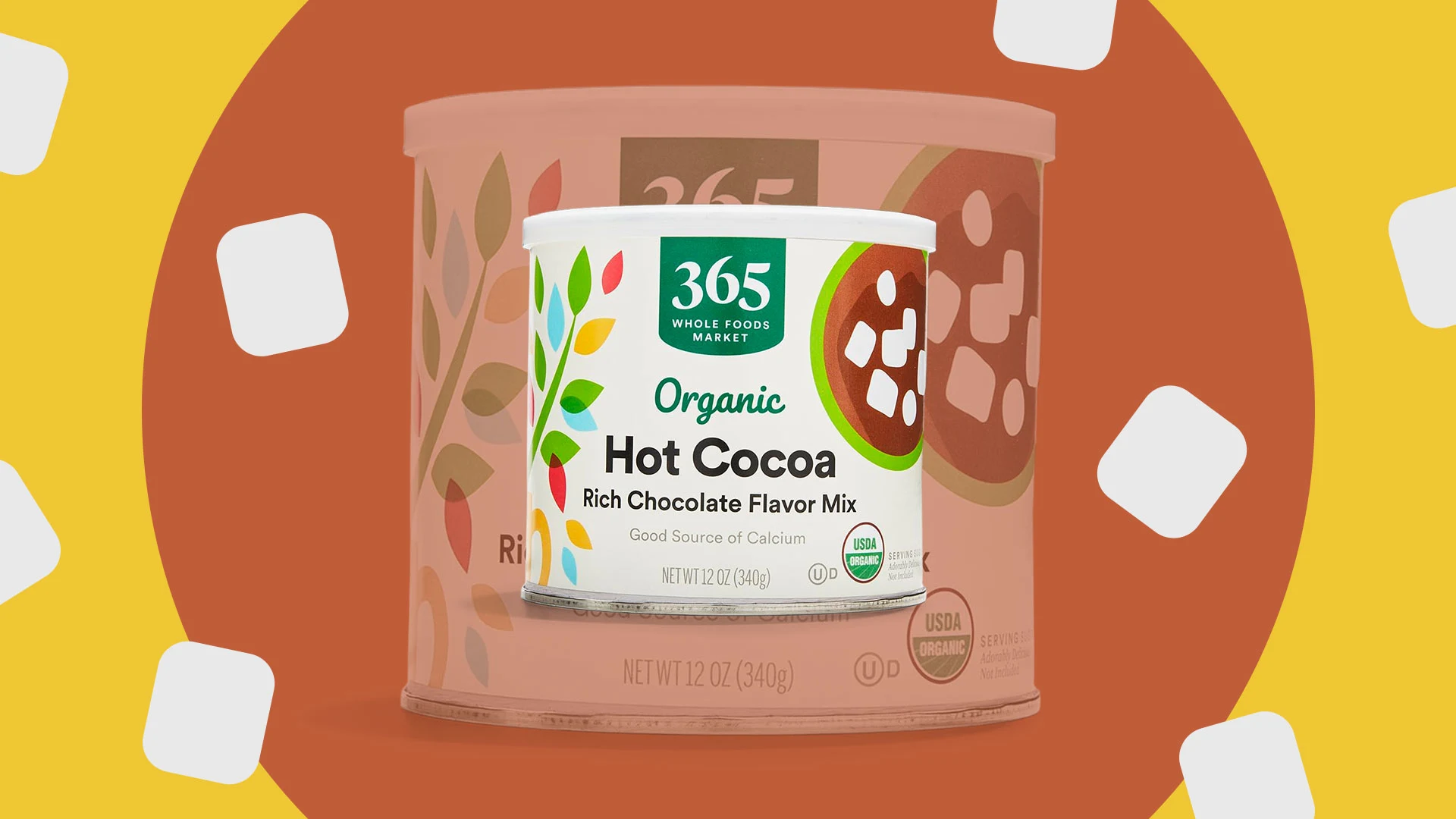
"Companies have several ways to increase their bottom lines. The first way is to raise the prices of products. But doing so can lead to fewer sales. Instead, some companies reduce the amount of product inside a package (or increase the size of the package without increasing the amount of product) while keeping the price the same, which helps reduce upfront costs."
"A group of California consumers brought a shrinkflation-related class action lawsuit against Amazon-owned Whole Foods Market, and the grocery store chain's local subsidiary has agreed to settle, offering cash payments to those affected. Whole Foods Market was hit with a class action lawsuit in California alleging that the company misled customers by selling two items that contained less product inside the packaging than the customers were led to believe based on the packaging's size."
Companies sometimes increase profits by reducing product quantity or adding empty space in packaging while keeping prices the same, a practice called shrinkflation or slack-fill that often angers customers. A group of California consumers filed a class-action alleging Amazon-owned Whole Foods Market misled shoppers by selling two 12-ounce 365 Organic hot cocoa canisters that contained non-functional empty space, causing consumers to believe they were buying more cocoa powder than contained. The claim alleges packaging size and opacity led consumers to rely on canister size when purchasing. Whole Foods' California subsidiary agreed to settle and will offer cash payments to affected buyers.
Read at Fast Company
Unable to calculate read time
Collection
[
|
...
]